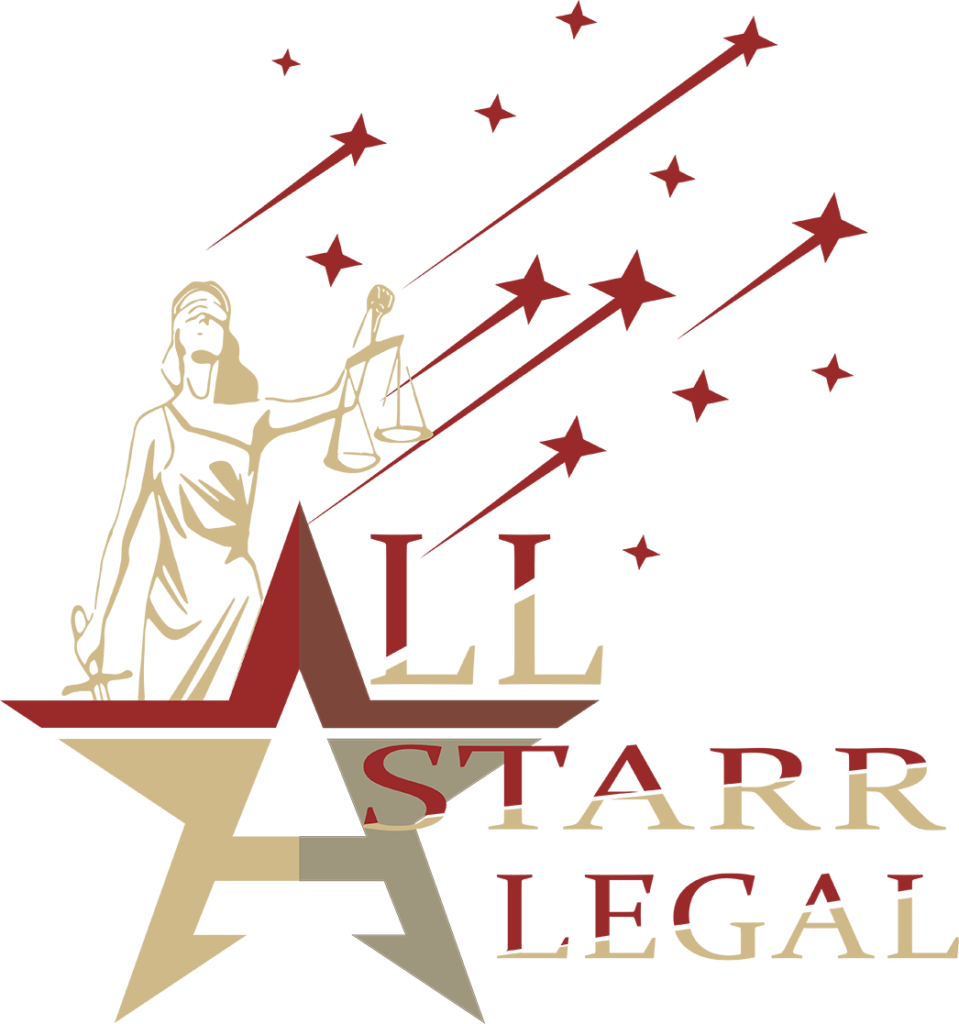After an accident, Florida drivers must stop their vehicles as soon as it is safe to do so. They must also provide their names, addresses, and vehicle registration numbers to the other people involved or to any police officers at the scene. If the accident injures someone, the driver must also provide reasonable help to the injured person, such as by calling for an ambulance if necessary. If a driver leaves the scene of an accident without doing these things, Florida courts consider it a hit-and-run.
Penalties for Hit-and-Runs in Florida
Florida prosecutors take hit-and-runs seriously. The penalties for a hit-and-run conviction increase in severity depending on the consequences of the accident. Below is an overview of the penalties you could face if convicted of a hit-and-run in Florida.
Hit-and-Runs Involving Property Damage Only
A hit-and-run involving property damage is a misdemeanor of the second degree, punishable by:
- Up to $500 in fines
- Up to 60 days in jail and possible probation
- An additional $5 fine for the Emergency Medical Services Trust Fund
Hit-and-Runs Resulting in Injury
A hit-and-run after an accident resulting in a non-serious injury to any person is a third-degree felony, punishable by:
- Up to five years in prison and five years of probation
- Up to $5,000 in fines
- Mandatory license revocation for at least three years
Hit-and-Runs Resulting in Serious Injury
A hit-and-run after an accident resulting in serious injury is a second-degree felony, punishable by:
- Up to 15 years in prison and 15 years of probation
- Up to $10,000 in fines
- Mandatory license revocation for at least three years
Hit-and-Runs Resulting in Death
A hit-and-run after an accident resulting in death is a first-degree felony, punishable by:
- Mandatory minimum term of imprisonment of 4 years
- Up to 30 years in prison and 30 years of probation
- Up to $10,000 in fines
- Mandatory license revocation for at least three years
Additional Penalties Across Scenarios
In addition to the penalties listed above, a hit-and-run conviction could also result in:
- Court-Ordered Restitution: Courts must order restitution to the victim, which can be monetary or non-monetary, and is a condition of probation.
- Community Service: For cases involving death, courts may require the offender to complete 120 community service hours in a trauma center or hospital under specific supervision.
- License Reinstatement Requirements: For license reinstatement after revocation, offenders must complete a victim’s impact panel session or a department-approved driver improvement course focusing on the rights of vulnerable road users.
- Sentence Enhancements: If the victim was a vulnerable road user, such as a pedestrian, the offense is ranked one level higher for sentencing.
- Mandatory Minimums: A minimum of four years imprisonment applies if the hit-and-run results in death or if the defendant was under the influence at the time of the incident.
Defense Strategies for Hit-and-Run Cases
A hit-and-run charge is a serious matter, but there are several defense strategies that a lawyer might use to protect your rights and possibly reduce or dismiss the charges. Here are some common defense strategies for hit-and-run cases in Florida:
- Lack of Knowledge: The defense might argue that you did not know you had been in an accident. For example, if the collision was very minor, you might not have realized that your vehicle hit another car or object.
- No Damage or Injury: Your lawyer might claim that the accident did not result in any property damage or injuries, challenging the basis of the hit-and-run charge. This defense could apply if there’s evidence that the incident was inconsequential.
- Emergency Situation: Sometimes, a driver leaves the scene because of an emergency that requires immediate attention. Your defense attorney could use this to argue that you had a valid reason for not staying at the accident site.
- Misidentification: In some cases, the wrong person might be accused of a hit-and-run. If that happened to you, your lawyer could provide evidence that you were not involved in the accident or not present at the scene.
Contact a Hit-and-Run Defense Lawyer Now
If you’re facing a hit-and-run charge in Florida and feel overwhelmed, don’t lose hope. Allstarr Legal, P.A., can help you understand your options and fight for your rights. We offer a free consultation to discuss your case and plan your next steps.

